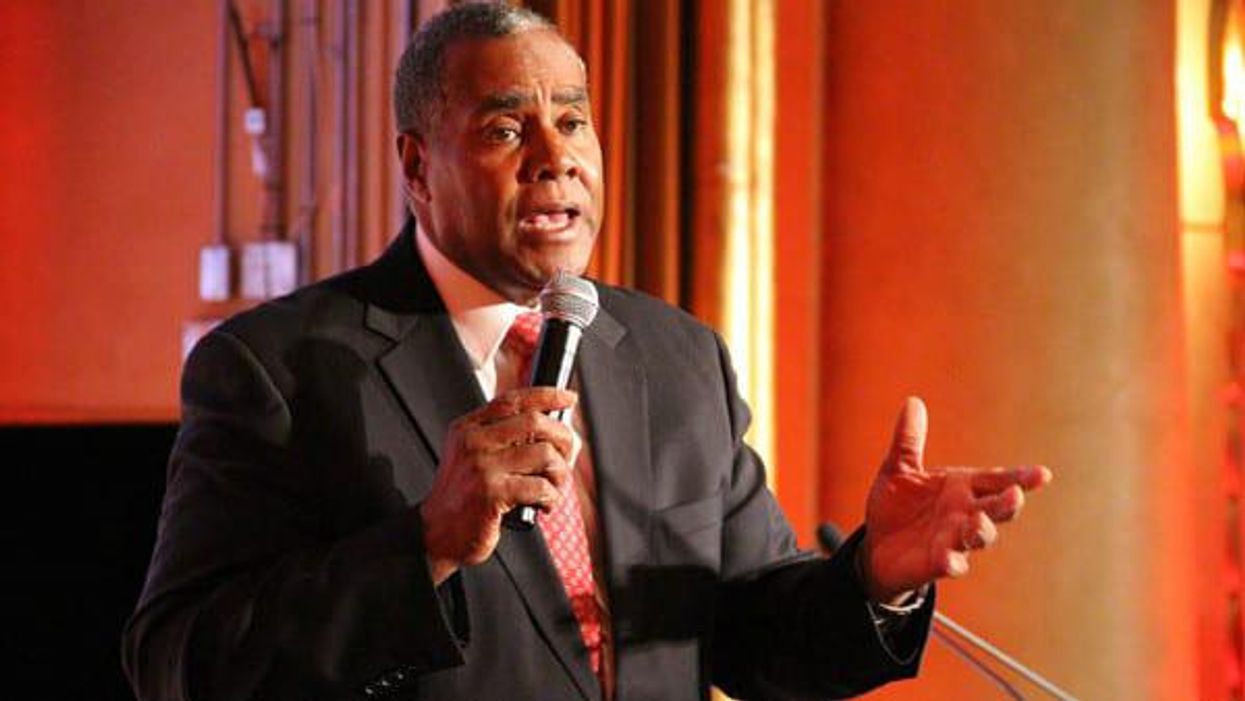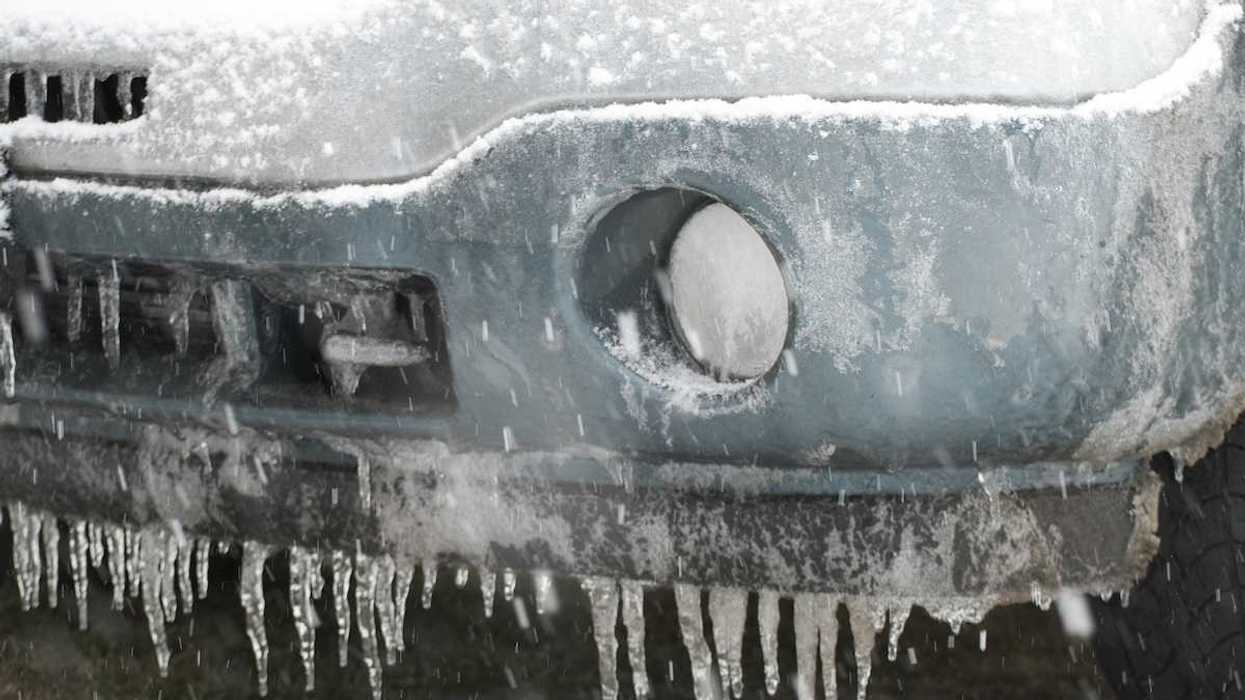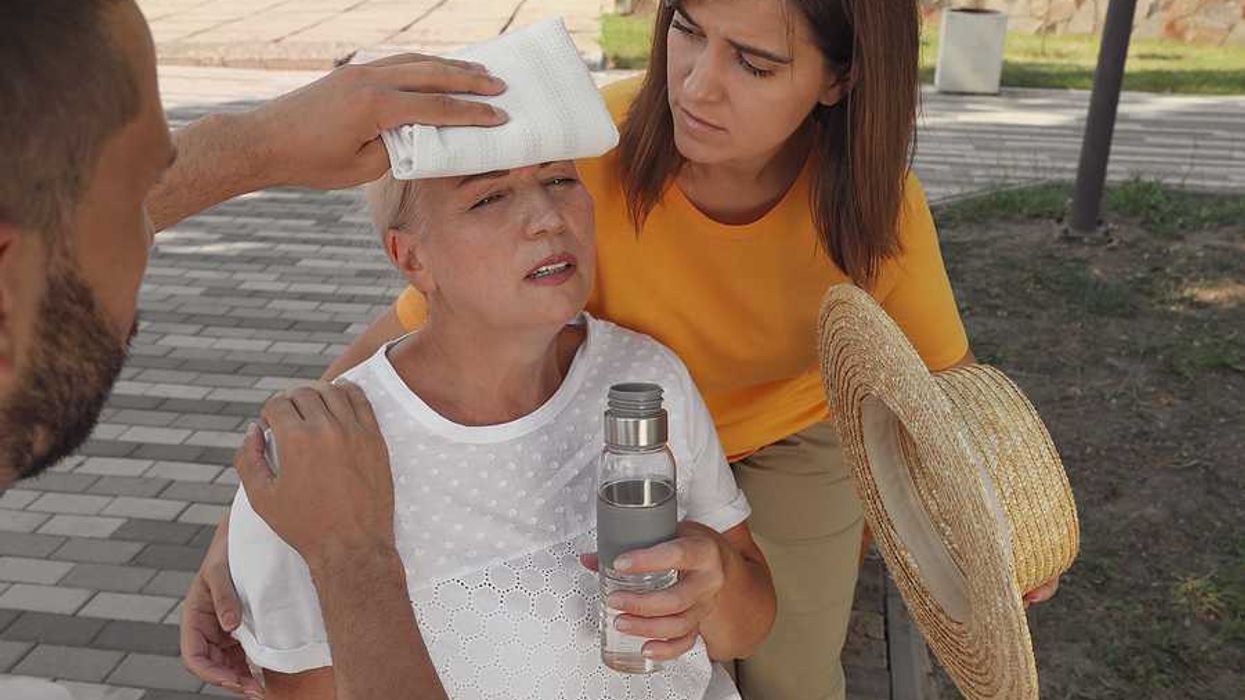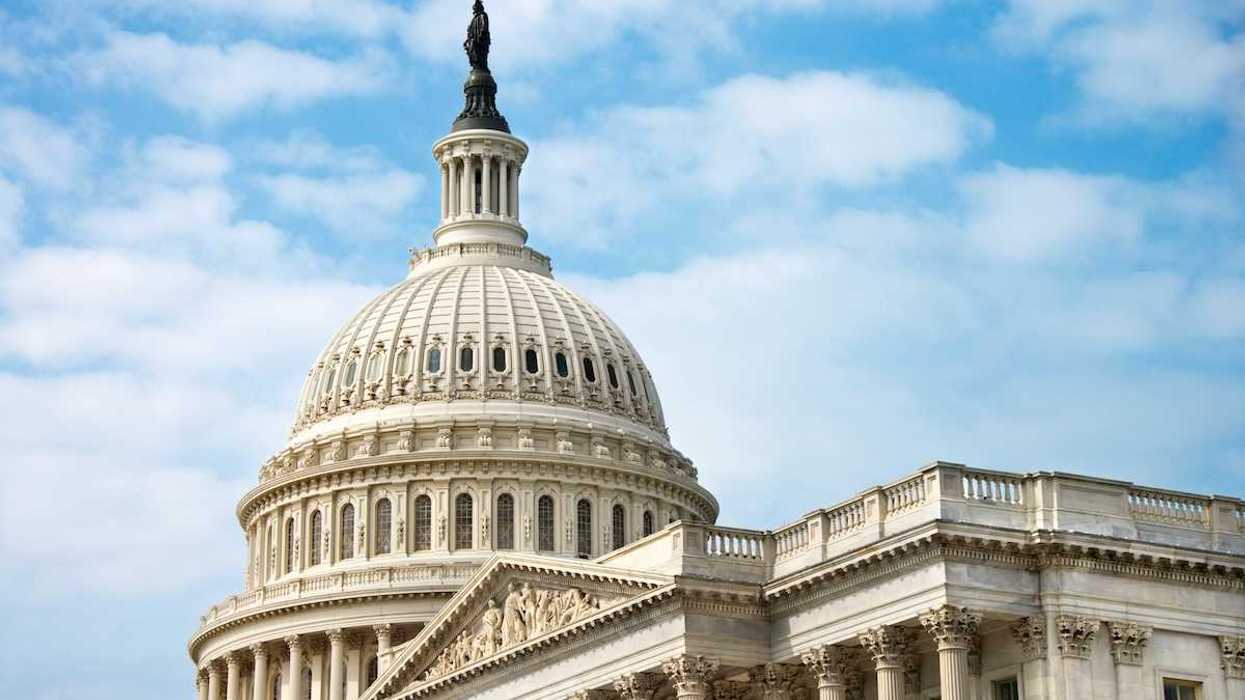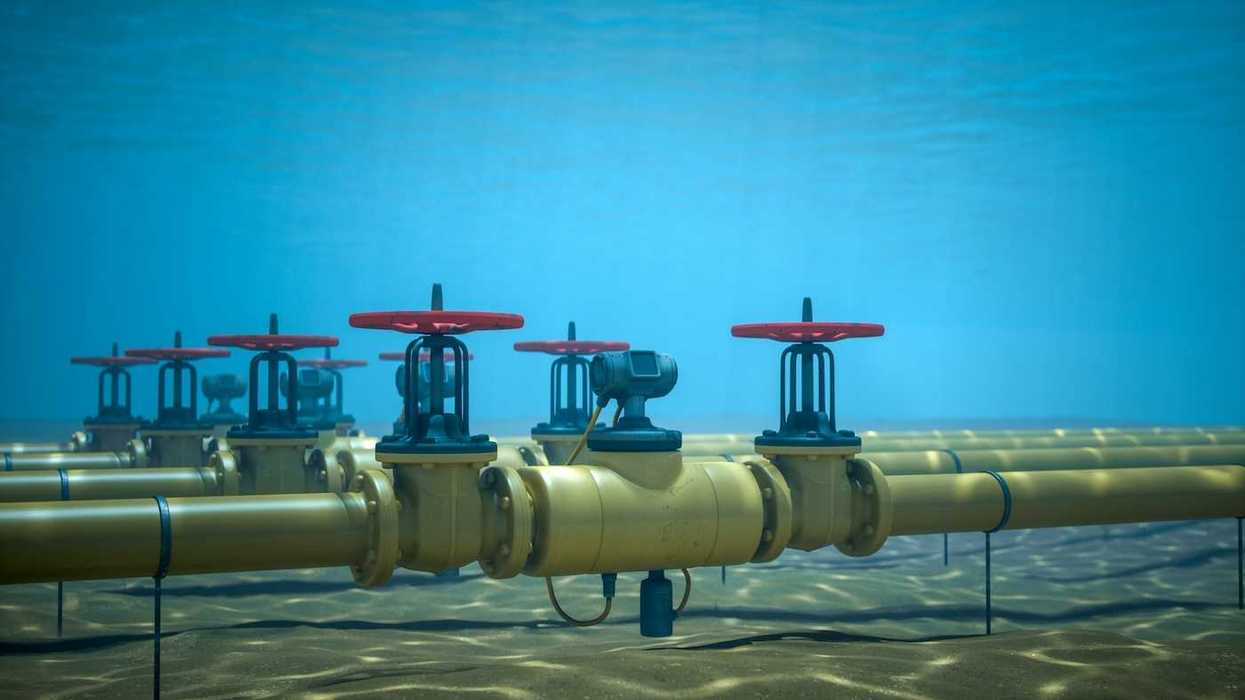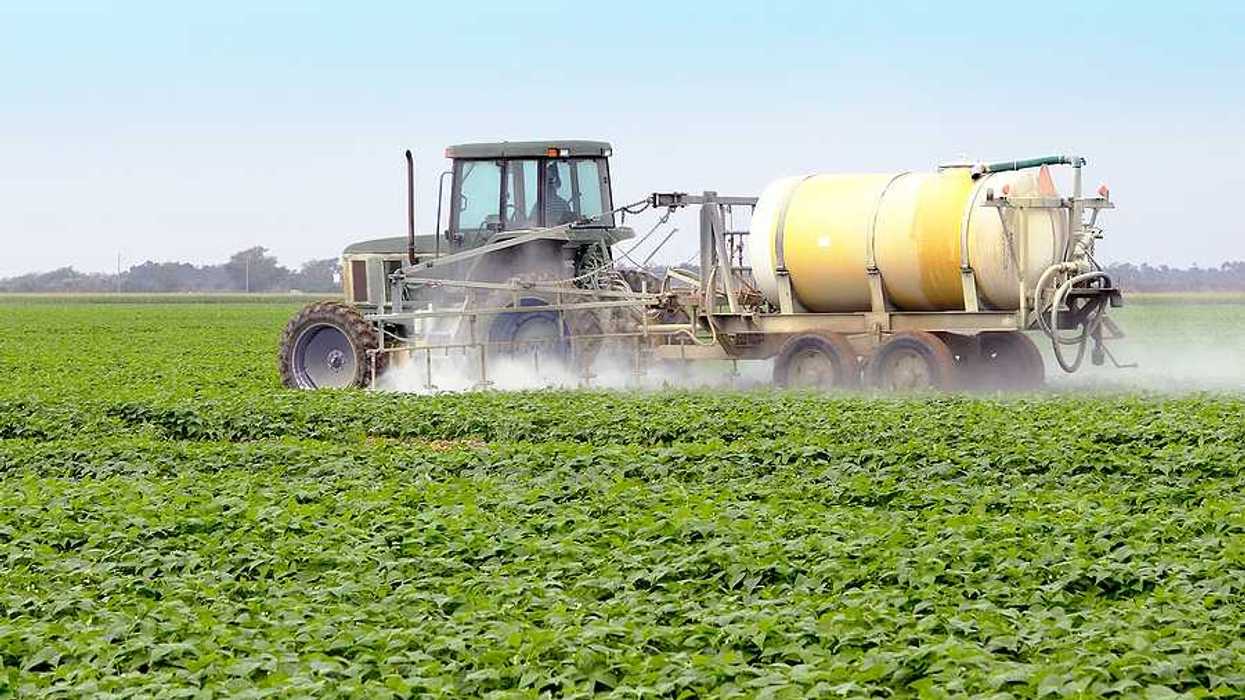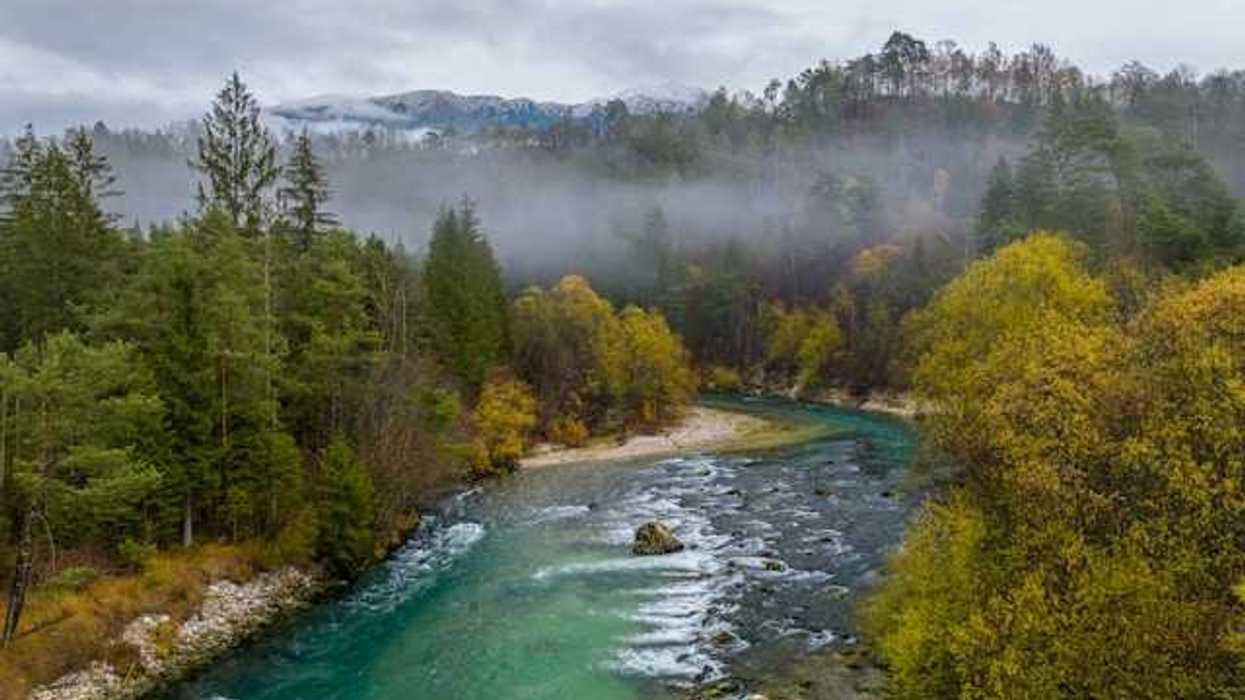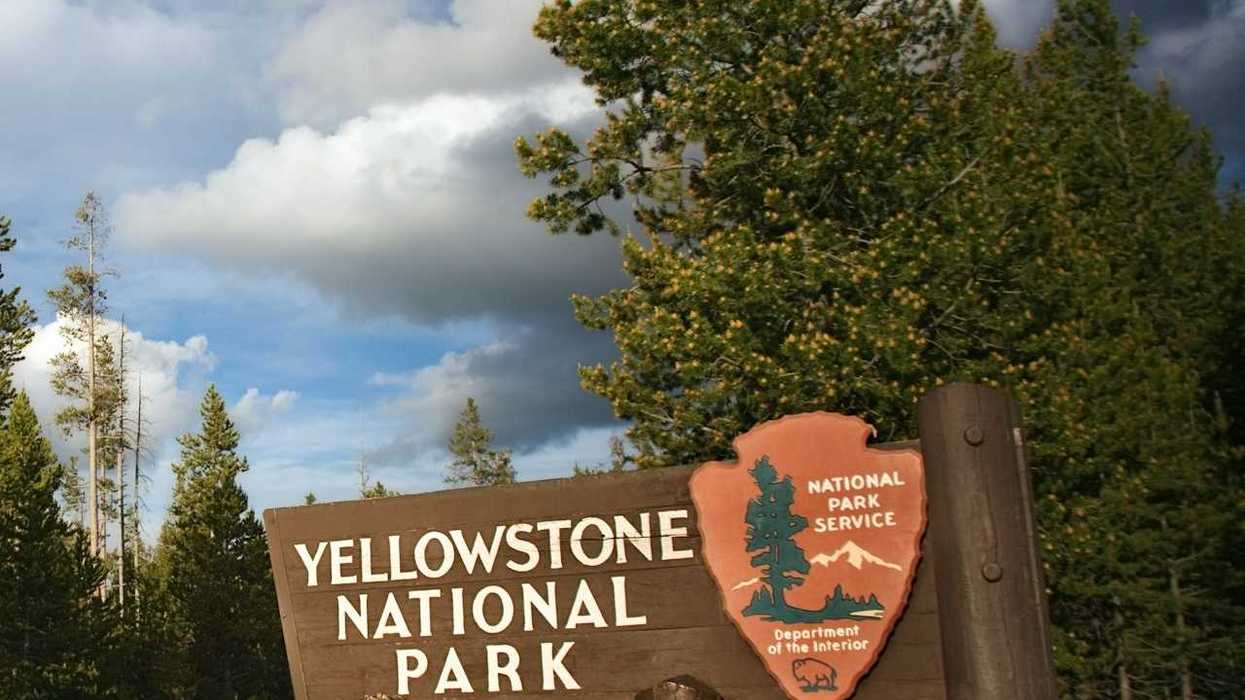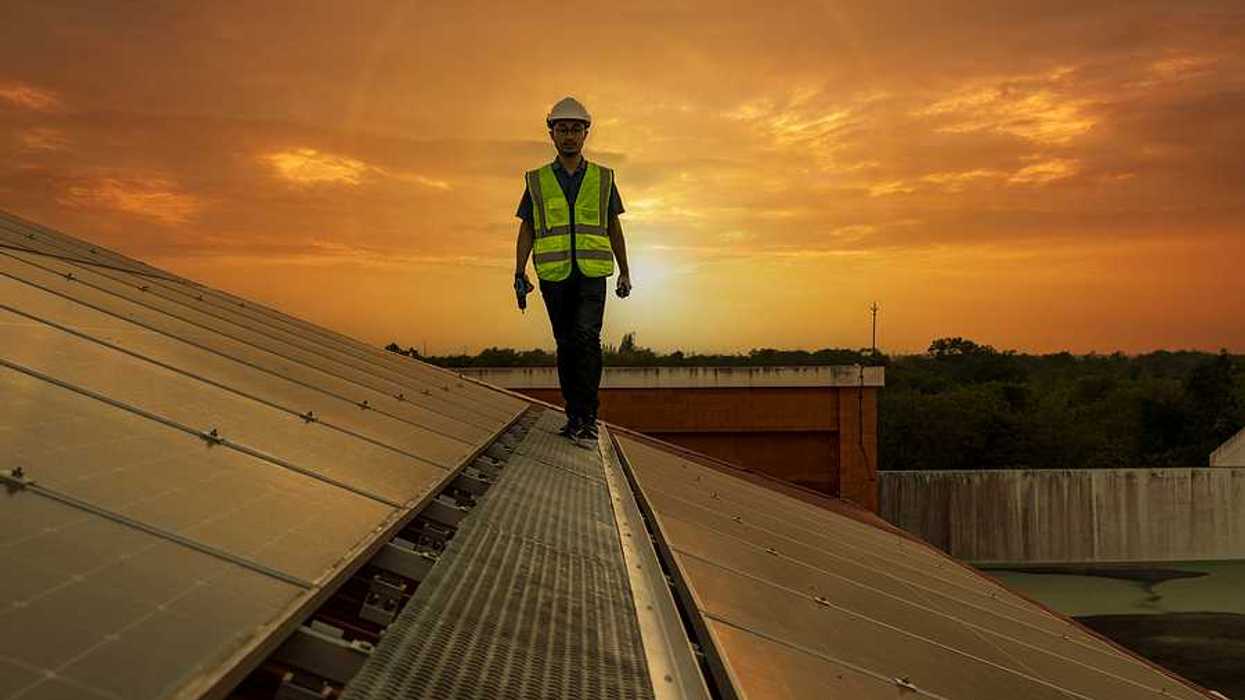In April 1991, public radio listeners got a unique new show: A one-hour environmental newsmagazine called Living on Earth.
It's still on the air—a minor miracle for both nonprofit radio and environmental news.
The main factor in the show's staying power is Steve Curwood, both honcho and show host since Show One. Curwood had previously shared a Pulitzer at the Boston Globe and hosted both All Things Considered and opera broadcasts at NPR.
I first showed up on Living on Earth in 1992 in a couple turns as pundit for the environmental side of that year's election. Ross Perot's NAFTA opposition, soon-to-be Vice President Al Gore's enthusiastic NAFTA support, and the recently completed Earth Summit in Rio de Janeiro were hot topics.
Incumbent President George H.W. Bush made an abrupt turnaround. In his successful 1988 run, he vowed to be "The Environmental President." But when Bill Clinton chose uber-enviro Gore as his running mate, Bush derided him as "Ozone Man."
Living on Earth became must-listen material for all means of environmental crises and opportunities: Fukushima and Deepwater Horizon; the rise of clean energy; endangered species failures and successes. Since then, Living on Earth has aired somewhere around 1,400 weekly shows, counting time off for vacation re-runs.
After my 1992 punditry, I turned into a loyal listener rather than an active participant. But for the past five years, I've done a segment for the show called Beyond the Headlines. We chat about stories that were missed by most media, sometimes add a little snark, and discuss a long-lost item from environmental history. For example, on January 15, 1919, a sudden weather change caused a storage tank to rupture, sending a 15-foot wall of molasses careening through Boston streets at a speed of 35 MPH. Twenty-one people died, and the "slower than molasses in January" cliché was seriously wounded.
There are five years' worth of my archived weekly segments in the archive at https://loe.org/shows/. But if you want to listen to five years' worth of me, you've got a screw loose.
After five years, it's become my third-favorite part of the show. Explorer-in-residence Mark Seth Lender delivers gorgeous essays on spectacular places and species; and what better use of audio than BirdNote, an occasional tribute to ornithological singing.
Curwood has been abetted by an able cast of producers over the years: Peter Thomson, George Homsy, Ashley Ahearn, Jeff Young, Helen Palmer, Bobby Bascomb, Jenni Doering, and many more.
Living on Earth airs on scores of public radio stations and on Sirius/XM, though it's shut out of a few of the larger markets where stations have enough staff to produce their own. (Airtimes and a station list are here.)
Another secret to the show's success is that it keeps its editorial wits about it. Environmental news can be depressing. But there's enough hope-based, solution-oriented content to make Living on Earth an honest broker.
So, after you've made your generous contributions to EHN.org and Dailyclimate.org, show them some love, and lend them an ear.
Peter Dykstra is our weekend editor and columnist.
His views do not necessarily represent those of EHN, The Daily Climate, or publisher, Environmental Health Sciences.
Banner photo credit: Southface Institute

